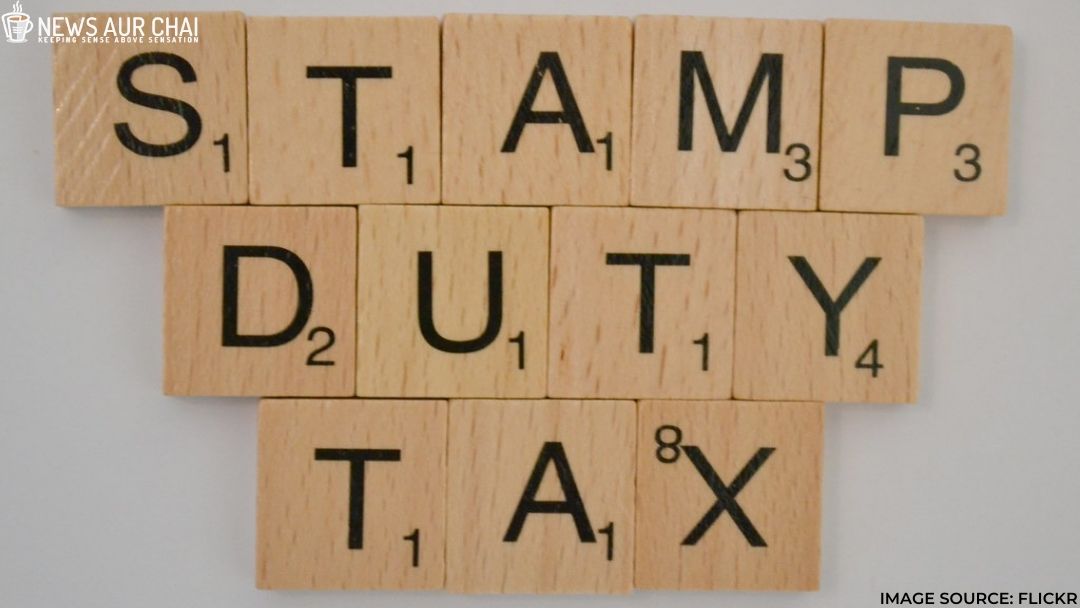
Buying a property is both a ‘financial and emotional’ achievement for most of us. Mere possession of the property is not enough. Legal evidence of ownership is required. As a result, we end up paying a certain amount, called the Stamp Duty, at the time of registration. Like Income Tax, Stamp Duty is also a government tax, but is levied on property transactions. The payment of Stamp Duty is governed by the Indian Stamp Act, 1899 (hereinafter, referred to as ‘the Act’). This must be paid in full and on time, failure of which attracts a penalty.
Change in Act
Finance Act is an annual Act which seeks to amend certain provisions of the principal Acts at the beginning of the Financial Year (FY). The Indian Stamp Act witnessed Amendments via the provisions of Part I, Chapter IV of the Finance Act 2019. The date of implementation deferred twice before it was finally rescheduled to July 1, 2020. This decision was mentioned in the Notification from the Ministry of Finance via the Gazette of India, on March 30, 2020.
Amendments in Indian Stamp Act, 1899 brought through Finance Act 2019 and Rules made thereunder will come into effect from tomorrow, i.e. 1st July, 2020 vide notifications dated 30th March, 2020.
Read more ➡️https://t.co/nxLkFAql21@nsitharamanoffc @Anurag_Office @PIB_India
— Ministry of Finance (@FinMinIndia) June 30, 2020
Notable changes made in Act are as follows:-
- Consolidation of Stamp Duty Guidelines across the country: Earlier, different rates of Stamp Duty were followed by each state. Now, it has been made uniform throughout the country;
- Stamp Duty on ‘off-market’ transactions: Initially, Stamp Duty was not imposed on the purchase and sale of Unlisted Shares, Gifts of financial securities and other such ‘off-market’ transactions in Demat mode. The responsible parties saw that as a loophole to evade the Stamp Duty, but this lacuna has been tended to with this Amendment.
- Removal of ‘double imposition’: Earlier, both the Buyer and the Seller were required to pay the Stamp Duty. Now, only ONE PARTY, i.e., the Buyer, has to bear the responsibility to pay the same;
- Stamp Duty on Stock Exchange based transactions: Stock Exchanges, Clearing Corporations and Depositories have reduced the burden on brokers by taking upon the responsibility of collecting and paying the Stamp Duty to the Central Government, which will then be distributed to the various states;
- Collection of Stamp Duty: It is now clear that the Stamp Duty will be payable to the state in which the Client and specifically the Buyer, in a transaction is located.
- Revision of Rates: The new rates for various types of financial instruments will be as follows –
|
Instruments |
Rate of Stamp Duty |
|
Issuance of debenture |
0.005% |
|
Transfer or re-issuance of debentures |
0.0001% |
| Issue of security other than debenture |
0.005% |
| Transfer of security other than debenture on delivery basis |
0.015% |
|
Transfer of security other than debenture on non-delivery basis |
0.003% |
|
Futures derivates (equity and commodity) |
0.002% |
| Options derivatives |
0.003% |
|
Currency and interest rate derivatives |
0.001% |
|
Other derivatives |
0.002% |
| Government Securities |
0% |
|
Repo on corporate bonds |
0.00001% |
Need for Amendment
As per the Statement issued by the Ministry of Finance, the Amendment was necessary to
- Bring about a ‘rationalized and harmonized’ system;
- Implement a centralized collection mechanism;
- Minimize the cost of collection;
- Enhance revenue productivity;
- Maintain uniformity in stock markets across the country.
The Ministry of Finance had also clarified that there is no change in the Financial Year.
Public response
The public is receptive to the Mutual Fund Investments is subject to Stamp Duty.
- Amit Jain, co-founder and Chief Executive Officer of Ashika Wealth Advisors, went on to say that “levy of stamp duty will hardly impact mutual fund investors as it is too low to have any significance;”
Finally, uniform stamp duty from tomorrow. Most of the country benefits as trading cost lowers (TN benefits most). Around 4 states who had a max cap of stamp per contract note will not (HFT firms & prop shops based in these states will be worst affected). https://t.co/tpYxsi3sTY
— Nithin Kamath (@Nithin0dha) June 30, 2020
Thread on Stamp Duty on Mutual Funds
From today i.e. 1st July20, Stamp Duty will be applicable on MFs
This thread will answer Qs on impact of this on ur MFs
First How much?
For all Purchases in MFs, u will pay stamp duty of 0.005%
i.e. Rs. 5 for every Rs. 1 lac invested
(1/n)— Nagpal Manoj (@NagpalManoj) July 1, 2020
- Vidya Bala, the co-founder of Primeinvestor, had told that there would be either no or low impact on retail investors unless they invest crores of rupees for less than three months. Corporate investors might experience some impact on their colossal investment in certain categories such as overnight funds and so on;
Effective July 1, 2020 stamp duty will apply on your MF purchases? Does it impact you? Read here. https://t.co/maejQAI64i @primeinvestorin https://t.co/maejQAI64i
— Vidya Bala (@bala_vidya) June 30, 2020
Stamp duty on mutual funds – explained in this short video by @bala_vidya https://t.co/zb9yBR5iDL
— PrimeInvestor (@primeinvestorin) June 30, 2020
- Omkeshwar Singh, Head RankMF at Samco Securities, emphasized that the impact will depend on the ‘holding period’ and a long-term investor will have minimal impact;
#StampDuty Impact in MF will be majorly impacting Overnight and Liquid funds rough impacts based on holding period .@CNBC_Awaaz @hemant_ghai pic.twitter.com/I3lOMPKSdd
— Omkeshwar Singh (@Omkeshwarsingh) July 1, 2020
- Jimmy Patel, CEO of Quantum Mutual Fund, stated that the stamp duty charge would have an impact on investors investing in mutual funds. It is because, now, the investors will be allotted units AFTER deducting the stamp duty;
As a whole, the changes introduced through the Amendment should undoubtedly contribute to the smooth functioning of the Indian stock markets and in turn, the economy.





